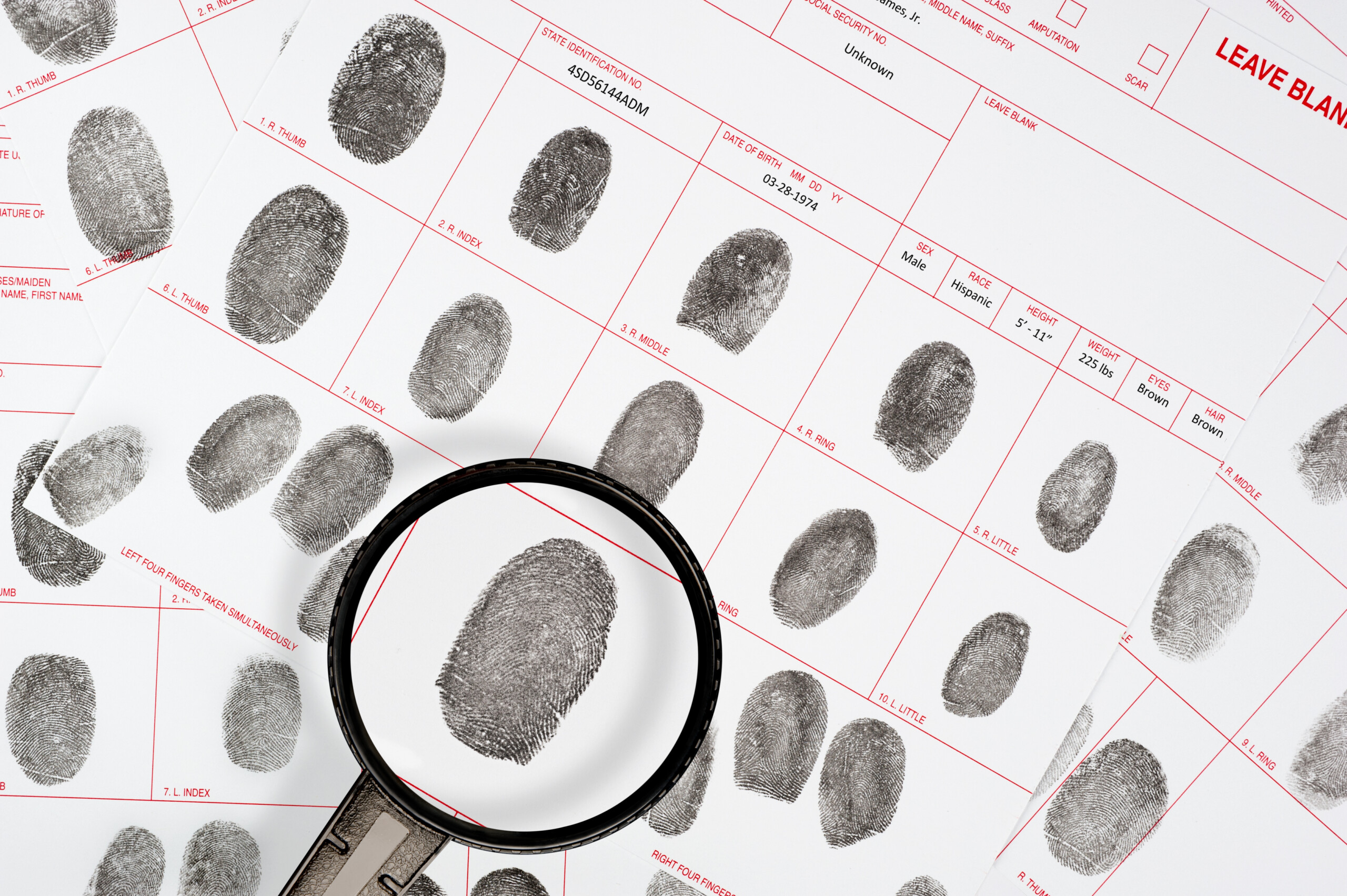If you have been charged with a crime in the past but you weren’t convicted, you can apply for a record destruction (or expungement) which ensures all criminal records of your charge are erased. You can also seek record destruction if you have already secured a pardon (record suspension). Pardons simply mean that the record of your past criminal charges is already sealed but can now be erased.
Historically unjust convictions can also be erased if the offenses at the time are no longer considered crimes under current regulations. But what exactly is erased? Let’s define criminal records first before discussing how such records are erased.
What Is a Criminal Record?
Criminal records include but aren’t limited to:
- Fingerprints
- Photographs
- Court records
- Police records
- And any other information held in the Canadian Police Information Centre (CPIC) database regarding your past arrests, charges and/or convictions.
In regard to criminal records for historically unjust convictions, records eligible for expungement could be convictions for possessing certain drugs that are now legal.
How Long Does a Criminal Record Last?
In Canada, criminal records can last a lifetime if you don’t make a deliberate effort to seal them (by applying for a record suspension) or erase them (by applying for a record expungement). It doesn’t matter how minor the offense was or if you didn’t get charged. There can be public access to your criminal record if you don’t take action.
- How Long Does a Criminal Record Last in the RCMP Database?
If you don’t take any action, you can expect your criminal record to stay in the RCMP (Royal Canadian Mounted Police) database until you are 80 years old. However, there are still conditions to be met before your records are removed, for example, you shouldn’t have been involved in any crimes in the past decade.
- How Long Does a Criminal Record Last in Other Police Services Records?
Other law enforcement agencies keep criminal records for 25 to 40 years if you don’t take any action. The records can be kept much longer until you reach a certain age or pass on.
- How Long Do Courts Keep Your Criminal Records?
Generally, retention times range from 1 to 40 years depending on the type of criminal offences and jurisdiction.
In a nutshell, your criminal record won’t be erased automatically until you take action i.e., apply for a record expungement (destruction) with the PBC (Parole Board Canada).
How Long Does a Pardon Take in Canada?
It depends on factors like the underlying offense, with summary offenses taking the least time (around 6 months), while indictment offenses take longer (a year). Generally, you can expect to get a pardon in 6 – 24 months.
Offenses aside, the jurisdiction will also matter as well as if you have completed your application correctly or not and submitted application fees.
Removal of Criminal Convictions: Can All Types of Records Be Erased?
No! There are some criminal records that are ineligible for expungement. Examples include but aren’t limited to serious sexual crimes (sexual offences against minors), multiple indictable offenses, and some drug trafficking offenses.
The eligibility criteria for erasing certain criminal records in Canada (especially those subject to regulatory chances) is highlighted in a special law – the Expungement of Historically Unjust Convictions Act. The act states offenses that are no longer crimes today and can therefore be erased. Examples include some abortion-related offenses and bawdy-house-related offenses.
Given the complexity of laws surrounding expungement and that not all records can be erased, it’s advisable to seek expert expungement advice to establish with certainty if your criminal record file can be erased or not.
How to Remove a Criminal Record
Erasing conviction or arrest records is a complex legal process. Here’s a summary of it:
Step 1: Establishing Eligibility Requirements for Expungement
First and foremost, you need to have a criminal record that is eligible for expungement. You also need to meet a certain waiting period that varies based on the severity of an offense. Other eligibility criteria include a record you weren’t convicted for or one for which you completed the sentence. You should also have maintained good behavior since getting the record.
Establishing eligible offences and other criteria can be a complex process. We suggest you see expert help.
Step 2: Gather Documentation Required by the Parole Board of Canada
The Parole Board of Canada oversees expungement. You need certain documentation to proceed. These documents include certified copies of your criminal records, judicial records/court documents relating to your record, proof of completing sentences, and evidence of maintaining good behavior. You also need to fill out your application form correctly and completely.
Step 3: Application Submission
Once you gather all required documents and complete your application, it’s time to submit it via mail or online. The Parole Board will do an eligibility assessment, undertake a rigorous review process, decide within several months, and communicate the decision.
The above is an obvious oversimplification of the process. You need to submit a convincing application to get approved. You also need to meet the eligibility criteria and provide all supporting documents otherwise your application can be denied.
We strongly recommend you work with renowned record expungement experts like Canadian Pardon Application Experts to increase your odds of success. What’s more, you can get expert help if your application is denied and you need to appeal.
Looking for Record Removal Services Canada? –Hire Canadian Pardon Application Services
Get criminal record removal assistance from a company that is behind 575,000+ applications approved in Canada since 1970. While you can attempt the process on your own, you risk delays that can compromise your ability to secure career opportunities should a criminal record check be conducted. A record can also hinder travel opportunities, and your ability to secure financing, win custody, and rent a home.
Choose Canadian Pardon Application Services for peace of mind and guaranteed record expungement/record suspension application success in Canada.
